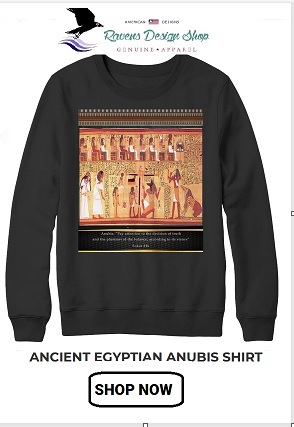
Bast
Ancient Egyptian Celebration: Bast guards the Two Lands, Day of offerings to the Shemsu (followers) of Ra - December 6th
In ancient Egypt, December 6th was a day of great celebration and reverence for the goddess Bast. Bast was a feline goddess, often depicted as a cat or a lioness, and was revered as the protector of the pharaohs and the guardian of the Two Lands.
The day was known as the Day of Offerings to the Shemsu of Ra, and it was a time when the people of Egypt would come together to honor the goddess and seek her blessings.
The celebration would begin at sunrise, with the priests of Bast leading a procession through the streets of the city. The priests would carry statues of the goddess, adorned with gold and precious jewels, and would be accompanied by musicians and dancers who would perform in her honor.
As the procession wound its way through the city, the people of Egypt would come out to join in the celebration, bringing offerings of food, flowers, and incense to lay at the feet of the goddess. They would also bring their prayers and petitions, seeking her protection and blessings for their families and their communities.
At noon, the priests would bring the statues of Bast to the great temple dedicated to her, which was located on the banks of the Nile. There, they would perform a series of rituals and offerings, including the dedicated mummified cats at the sanctuary of the cat goddess Bastet.
As the sun began to set, the priests would once again lead the procession through the city, carrying the statues of the goddess back to her shrine within the temple. The people of Egypt would follow behind, singing and dancing in her honor.
The celebration would continue throughout the night, with feasting and music and offerings made to Bast throughout the evening. It was believed that on this day, the goddess would be especially receptive to the prayers and petitions of her followers, and that her blessings would be especially potent.
And so, the Day of Offerings to the Shemsu of Ra became a time of great joy and celebration in ancient Egypt. It was a time when the people could come together to honor their gods, seek their blessings, and revel in the beauty and wonder of their culture and their traditions.

Dec 13
Ancient Egyptian Calendar
Dec 13 The Day Of Tehuti's Taking the Oath - Sokar-Hu.net
In ancient Egypt, December 13th was a very important day, known as the Day of Tehuti's Taking the Oath. Tehuti was the god of wisdom, writing, and magic, and his oath-taking ceremony was a significant event that marked the beginning of a new era.
On this day, the priests of Tehuti would gather in the great temple of Hermopolis, which was dedicated to the god. They would prepare the temple for the ceremony, decorating it with flowers and lighting candles to honor Tehuti.
As the sun began to rise, the priests would perform a ritual purification ceremony, cleansing themselves of all impurities before entering the sacred space of the temple. They would then dress in their finest robes and prepare to receive the god's blessings.
At the appointed time, the statue of Tehuti, which was kept in a special shrine within the temple, would be brought out and placed before the priests. The statue was made of pure gold and was adorned with precious gems and jewels. The priests would then recite a series of prayers and hymns, invoking the god's blessings and asking for his protection.
Finally, Tehuti himself would appear to the priests, taking the form of a great falcon with wings outstretched. He would circle above the heads of the priests, bestowing his blessings upon them and imparting his wisdom to those who were worthy.
Once the ceremony was complete, the priests would return to their communities, spreading the god's blessings and teachings to all those who would listen. They would use their newfound knowledge to help heal the sick, educate the young, and inspire the masses to greatness.
And so, the Day of Tehuti's Taking the Oath became a symbol of wisdom, knowledge, and enlightenment. It marked the beginning of a new era, a time when the people of Egypt could look to their gods for guidance and inspiration, and when the priests of Tehuti could help guide them towards a brighter future.

